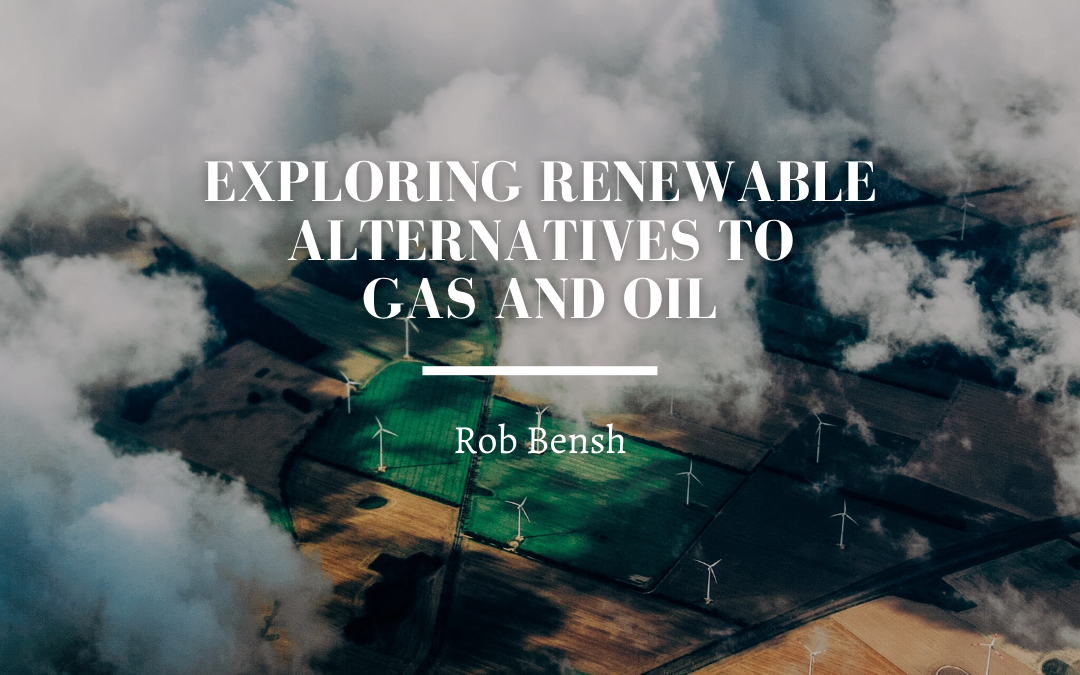As the world faces the challenges of climate change and the need for sustainable energy sources, the exploration of renewable alternatives to gas and oil has become increasingly important. In this blog, we will delve into some of the promising renewable alternatives that are being explored as potential replacements for traditional fossil fuels.
Solar Energy:
Solar energy harnesses the power of sunlight and converts it into usable electricity. Photovoltaic (PV) systems, consisting of solar panels, are becoming increasingly efficient and cost-effective. They can be installed on rooftops, in solar farms, and even integrated into infrastructure like highways and buildings. Solar power has the potential to reduce dependence on gas and oil for electricity generation, offering a clean and abundant energy source.
Wind Energy:
Wind energy utilizes the force of wind to generate electricity. Wind turbines, both onshore and offshore, are capable of producing significant amounts of renewable power. Advances in turbine technology have increased efficiency, and wind farms are being developed in various regions globally. Wind energy can be a viable alternative to gas and oil, providing a sustainable and widely available source of electricity.
Bioenergy:
Bioenergy refers to the conversion of biomass, such as agricultural residues, wood pellets, and organic waste, into usable energy. Biomass can be burned directly for heat or converted into biofuels like ethanol and biodiesel. These biofuels can replace fossil fuels in transportation and other sectors, reducing greenhouse gas emissions. Additionally, advanced technologies like anaerobic digestion and gasification allow for the production of biogas, which can be used for electricity generation and heating.
Geothermal Energy:
Geothermal energy harnesses the natural heat stored within the Earth’s crust. By tapping into geothermal reservoirs, hot water or steam can be used to generate electricity or provide direct heating and cooling. Geothermal power plants are highly reliable and can provide a consistent source of renewable energy. They have the potential to reduce reliance on gas and oil for heating and cooling purposes.
Hydrogen:
Hydrogen is a versatile energy carrier that can be produced through various methods, including electrolysis powered by renewable energy sources. Hydrogen can be used directly as a fuel or converted into electricity through fuel cells. It has the potential to replace gas and oil in various sectors, including transportation, heating, and industrial processes, while emitting only water vapor as a byproduct.
Exploring renewable alternatives to gas and oil is essential for a sustainable future. Solar and wind energy offer abundant and clean sources of electricity generation, while bioenergy provides opportunities for sustainable fuel production. Geothermal energy and hydrogen hold promise for heating, cooling, and transportation. By investing in research, development, and infrastructure, we can accelerate the adoption of renewable alternatives and reduce our reliance on fossil fuels. Embracing these renewable alternatives not only helps mitigate climate change but also fosters energy independence and a healthier planet for future generations.
